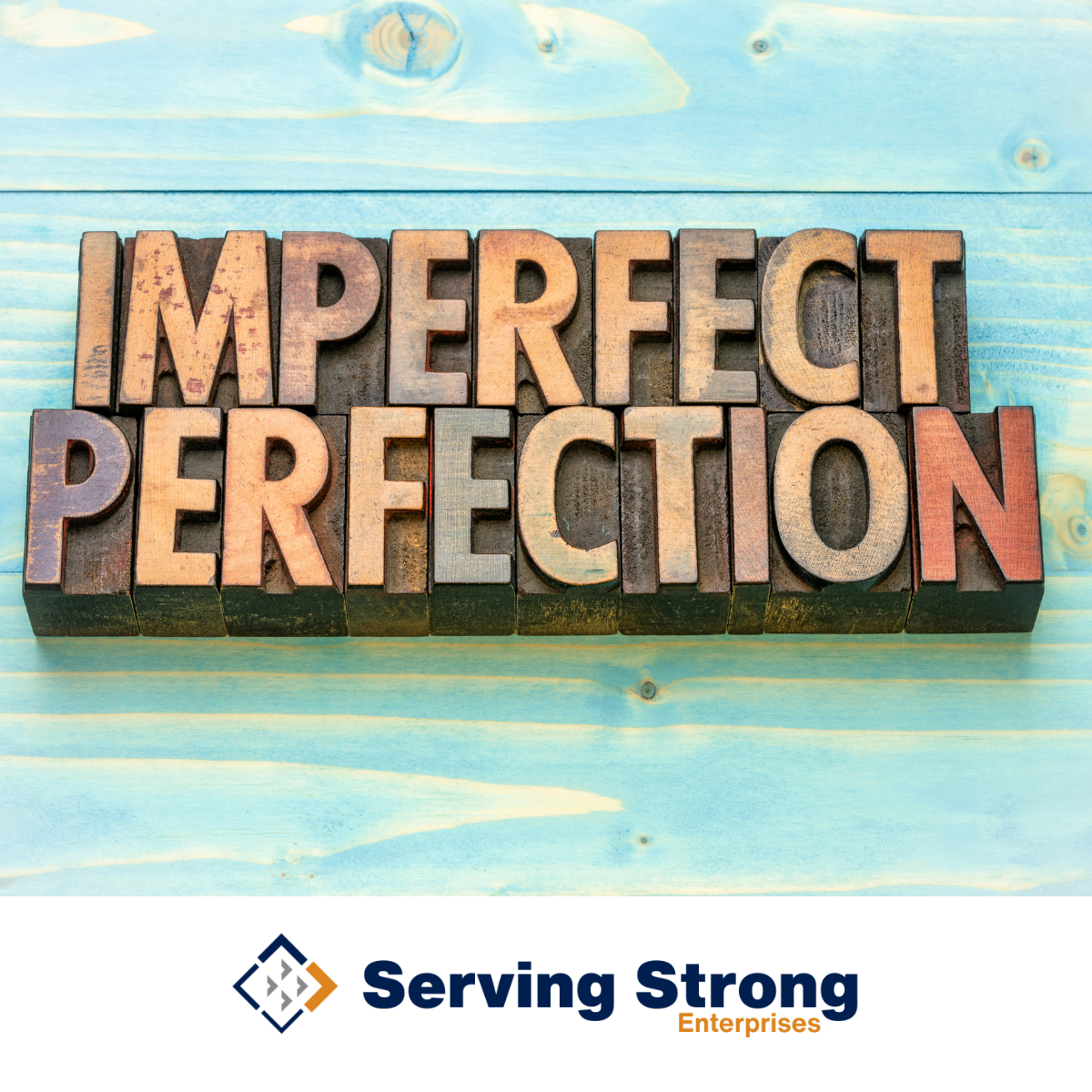Barriers and Constraints
Knowing the difference between barriers and constraints gives you the knowledge to succeed.
You want to become the fullest expression of your unique, God-given design, right? Well, it won't happen on its own. It will require work on your part. That's the good news. What's the bad?
You will encounter obstacles in your path. To help deal with these obstacles, it will help to break them down into two categories: Barriers and Constraints. They both share common traits and have unique traits.
Some of the common characteristics among barriers and constraints - Both generate from within us as well as externally. Both require work to overcome. Both require your creativity to overcome them. Both keep you from achieving your desired outcome.
Some of the differences between barriers and constraints - Barriers are removeable. They are as temporary as you allow them to be, based on how you handle them. Constraints are immoveable. They are permanent and cannot be changed. Whereas you overcome barriers, you compensate for constraints.
Here are a couple examples:
- An example of a barrier - scarcity mindset. You are not doomed to a life of worrying about how limited you are. You can overcome this mindset with techniques that, over time and with practice, overcome it and live with an abundant mindset.
- An example of a constraint - poor eyesight. If you were born with poor eyesight, there is little can can be done to overcome it. Although this cannot be overcome, it can be compensated for with glasses or contact lenses.
HOW TO OVERCOME BARRIERS
Identify if it is truly a barrier. You don't want to spend all your time trying to change something that cannot be changed. But beware, don't sell yourself short and call a barrier a constraint when it's truly a barrier. You may not think it can be overcome at first.
Identify all the possible actions necessary to overcome the barrier.
Select the "atomic actions" (the 20% of possible actions that yield 80% of your ability to overcome)
Commit to those atomic actions with someone you trust. Then meet weekly to check in with them on those actions.
HOW TO COMPENSATE FOR CONSTRAINTS
Identify if it is truly a constraint. You don't want to spend al your time trying to compensate for something that can be removed completely.
Identify all the possible actions necessary to compensate for the constraint.
Select the "atomic actions" (the 20% of possible actions that yield 80% of your ability to compensate)
Commit to those atomic actions with someone you trust. Then meet weekly to check in with them on those actions.
Knowing the difference between barriers and constraints gives you proper guidance on how to proceed. Armed with the difference, you are in a position to act accordingly. It's like understanding your enemy. Now you can do something about it.
ACTION STEP
- Make a list of all things that keep you from succeeding at becoming the fullest expression of your unique, God-given design
- Classify them as either barriers (what can be overcome) and constraints (what cannot be overcome but compensated for)
Share with others













